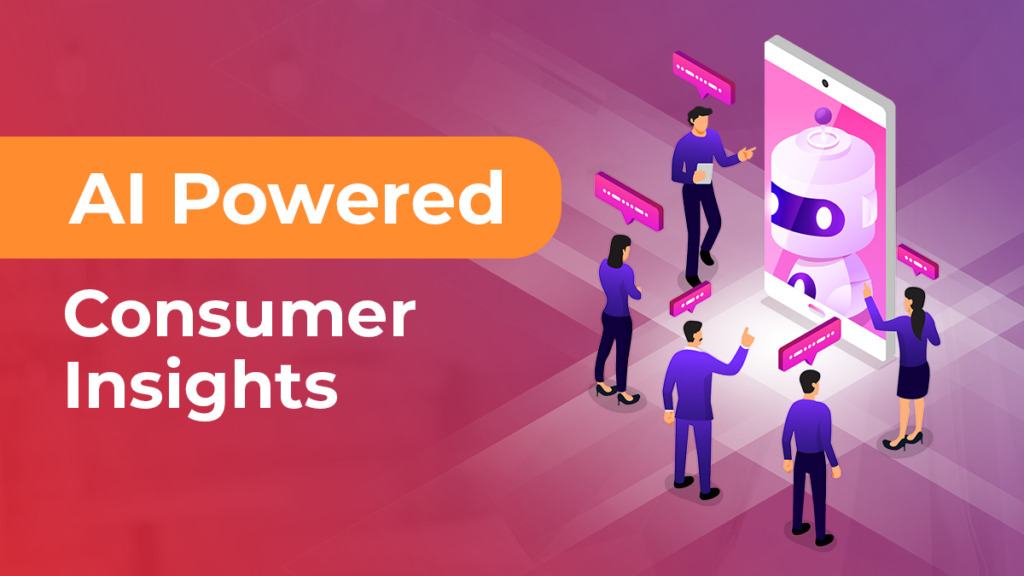Digital marketing is a highly competitive industry. With the constant evolution of technology, it is becoming more and more difficult to maintain a position over time.
In 2022, digital marketing will be mainstream. The idea of marketing is changing with the times, and in the future there will be a shift in how people use content.
Digital mediums such as podcasts, blogs and videos will be pushed to their limits and they will all be integrated into one.
How Does Digital Marketing Work in 2022?
In 2022, the use of drones has become so popular that they are being used in the majority of commercial applications. According to the FAA, drones will be seen as a “part of the traffic infrastructure”. Also, Virtual reality will also play a major role in Digital Marketing.
Immersive environments such as VR allow for greater creativity and collaboration between people in different locations. That same year, the number of people who are actively using VR in their daily lives is expected to reach 1 billion for the first time in history.
The use of AI can make businesses more efficient, improve healthcare outcomes and reduce worldwide greenhouse gas emissions.
How Does AI Play a Significant Role?
The future of digital marketing is not clear yet, but there are some factors that are likely to play an important role in shaping the future of this industry.
The most important factor that will influence the future of digital marketing is Artificial Intelligence (AI), or more specifically, chatbots.
AI is a complex topic and will almost certainly require its own article to be fully explored. To be fair, we are not really sure what the future of AI looks like just yet. It will likely depend on which businesses use it and how much they use it.
But in general, AI might have a profound impact on the future of digital marketing because chatbots could replace expensive software like CRM or sales platforms that rely on data analysis to generate insights for marketing executives.
What’s not clear is how AI will impact marketers themselves. Will Bots takeover? Or will AI augment their capabilities so they can focus more on strategy and creative than on data analytics?
Chatbots could make marketers much more efficient, but it’s too soon to tell if that efficiency increase comes with a sacrifice in quality of the user experience.
The 5 Key Changes in the future that Will Truly Shape the face of Digital Marketing
New technologies are radically transforming how consumers consume content. The world is moving from a linear, one-way communications model to a more conversational, real-time model.
The adoption of chatbots and virtual assistants has been growing rapidly over the past few years. There would be more than 30 million chatbots by the end of 2023.
Looking at the future of digital marketing is a difficult task because it is always changing. The 5 big changes for the future will be:
1) AI-powered customer insights.
AI is revolutionising customer insights and paving the way for new ways of understanding what your customers want.
In this ever-changing digital world, it is important for organisations to continually refine their marketing strategy.
You can utilise many tools and methods to understand what your target customers want and expect from the company.
AI has been helping in this regard since its inception. AI powers customer insights that help marketers make decisions at every level of the campaign. From gathering data on customer preferences and decision-making processes, to figuring out which social media content is being most impactful with which audience.
Every day, we see the power of social media data in the marketplace. “Whether it’s how to allocate budgets for content and ads or helping a retailer direct customers to a particular colour palette, marketers have an understanding of their audience that was impossible before.

2) AI-powered customer engagement
Customer engagement is a key factor for successful businesses. With AI-powered customer engagement, businesses are able to interact with their customers more effectively and efficiently.
As a result, these personal assistants can identify key customer needs and provide information users need in order to take advantage of opportunities.
With the capability of AI-powered customer engagement, small businesses can compete in a market dominated by large corporations.
AI is able to offer what customers want and tailor services for them more effectively. AI-powered customer engagement can be profitable for retailers as well as their customers when product recommendations are personalised based on individual needs.
However, in recent years due to the use of AI bots many business have been sued. One such example was a case in 2015 when a woman who had lost her house sued Wells Fargo. bank after she was unable to get assistance from anyone at Wells Fargo on their automated phone line.
The woman, who said she was forced to sleep in her car and had no food or where to bathe for days, eventually received a $20,000 check from Wells Fargo after a lawsuit settlement. I guess we can still say we have a long way to go in regards to AI.
3) AI-powered customer experience
AI is powering customer experience with every customer interaction. In the last year, AI-powered chatbots and virtual assistants have become the standard for customer service. These AI tools are capable of understanding human reactions and proactively managing the customer experience.
Customer experience is a “prosumer” movement, with customers taking an active role in the integration of technology.
Users are able to use AI tools to improve their customer experience and make it more personalised.
There are four types of customer expectations that AI tools can help resolve.
Computers are unable to understand the context of a situation, so they cannot understand what their customer is trying to accomplish.
This has led to poor UX, which has reduced customer satisfaction and created opportunities for AI tools.
AI tools can help resolve the following types of expectations:- Helping the user in a faster and more efficient way, Automating low-value tasks, Assisting users in getting the results they need with ease, and – Offering a new perspective on data.

4) AI-powered lead generation
Lead generation, or the process of generating leads through digital marketing activities, is a challenging task for marketers.
It includes a variety of tasks such as reaching out to potential customers through websites, social media platforms and email campaigns.
The use of artificial intelligence in lead generation can help businesses save valuable time and resources so they can focus on other aspects of the business.
By utilising artificial intelligence in lead generation, businesses can save time and resources and focus on other aspects of their business. Artificial intelligence is becoming increasingly popular in lead generation.
The AI system can create & customize relevant campaigns for your website, allowing you to target your audience and generate more leads.
Through machine learning algorithms and predictive analytics, this can be accomplished.
Individual customers can also be targeted with highly personalised email campaigns that are created using artificial intelligence.
Using these tactics, marketers will be able to create more effective and efficient lead-generation campaigns that deliver personalised messages to each individual.
While there is still work to be done before AI-based marketing reaches its full potential, it is already a valuable tool for businesses that wish to connect with their customers effectively.
Also Read How to Get Started with Digital Marketing and Which Tools to Use
5) Self-learning algorithms
Algorithms are becoming increasingly prevalent in everyday life. They are finding their way into our homes, workplaces, and even our entertainment choices.
From Netflix recommendations to taxis giving us the cheapest ride, algorithms have become an integral part of our lives. However, our personal data is not always being aggregated and used fairly.
As algorithms become more ubiquitous, the public is demanding more transparency. They want to know how their data will be used and how they can be sure that it will not be misused. What Qualifies as “The Public”?
A wide variety of stakeholders are involved in using data in algorithmic systems. Technologists, government entities, businesses, consumers and service providers each have different interests and needs.
Algorithmic systems, who trust that their decisions are not unfairly biased, are among the most important stakeholders involved in data use.
Operators of algorithmic systems, who protect their privacy and security, as well as the integrity of their data, and employers and other service providers, who must collect relevant information about individuals to provide them with services.
Conclusion:
Marketers and advertisers will continue to use mobile devices and social media platforms as they always have. But digital marketing will be significantly more complicated than now due to the increased number of available channels and tools.
This means that while digital marketing principles will not change, marketers will have to become better at using the tools available to them to succeed.
In 2022, digital marketing will be mainstream. The way people on the internet view and consume content will change.
In the future, people will stay home and consume content through different mediums like podcasts, iPhone videos and blog posts.
I think that digital marketing will be the main way people consume content in the future. People will be able to view video clips on their smartphones or tablets, listen to audio clips on their headphones or speakers, and read blog posts through a digital device.
















